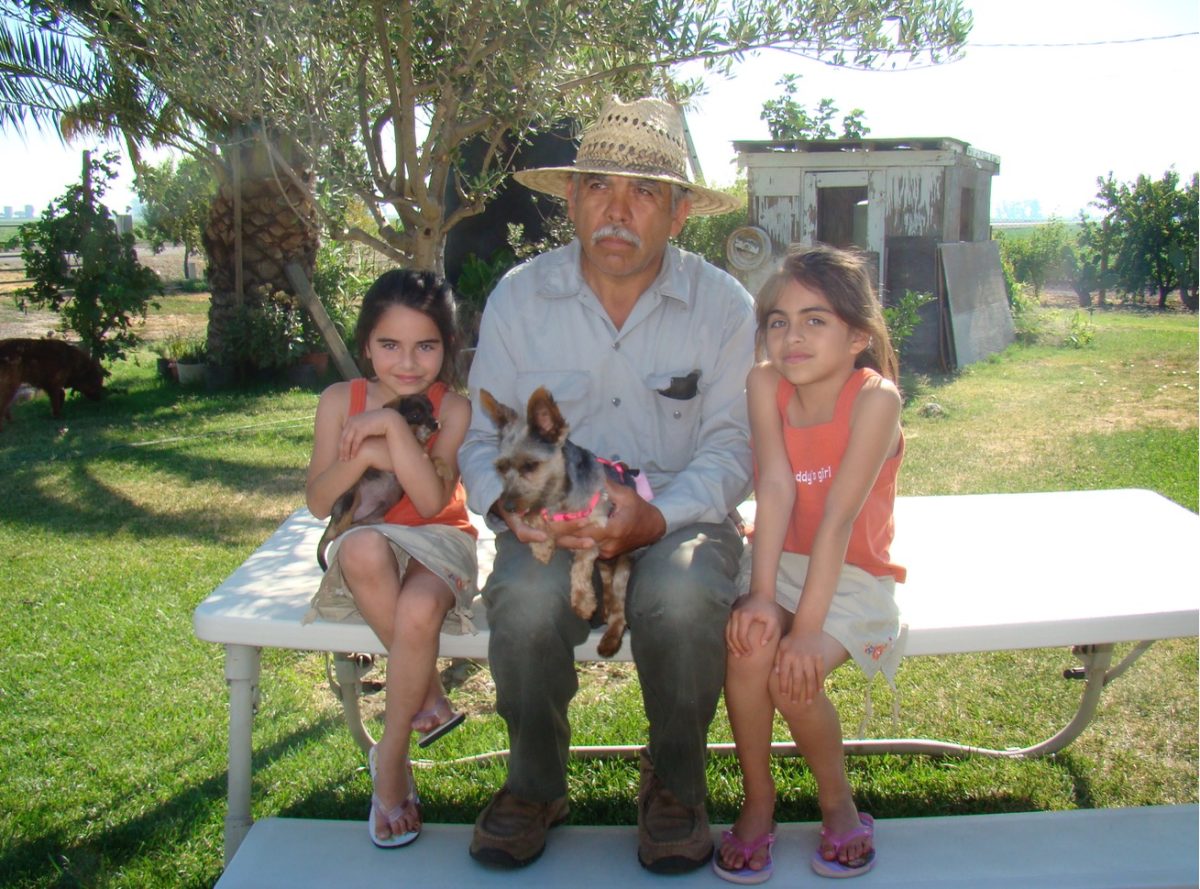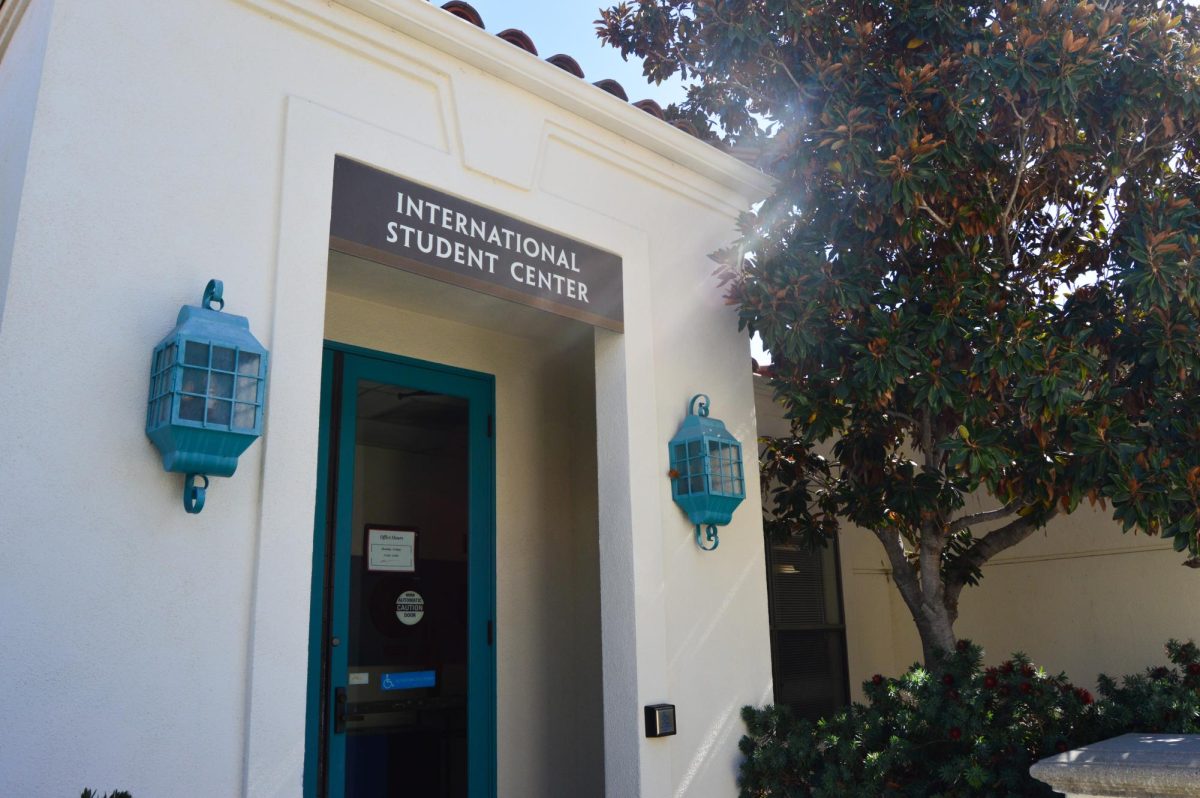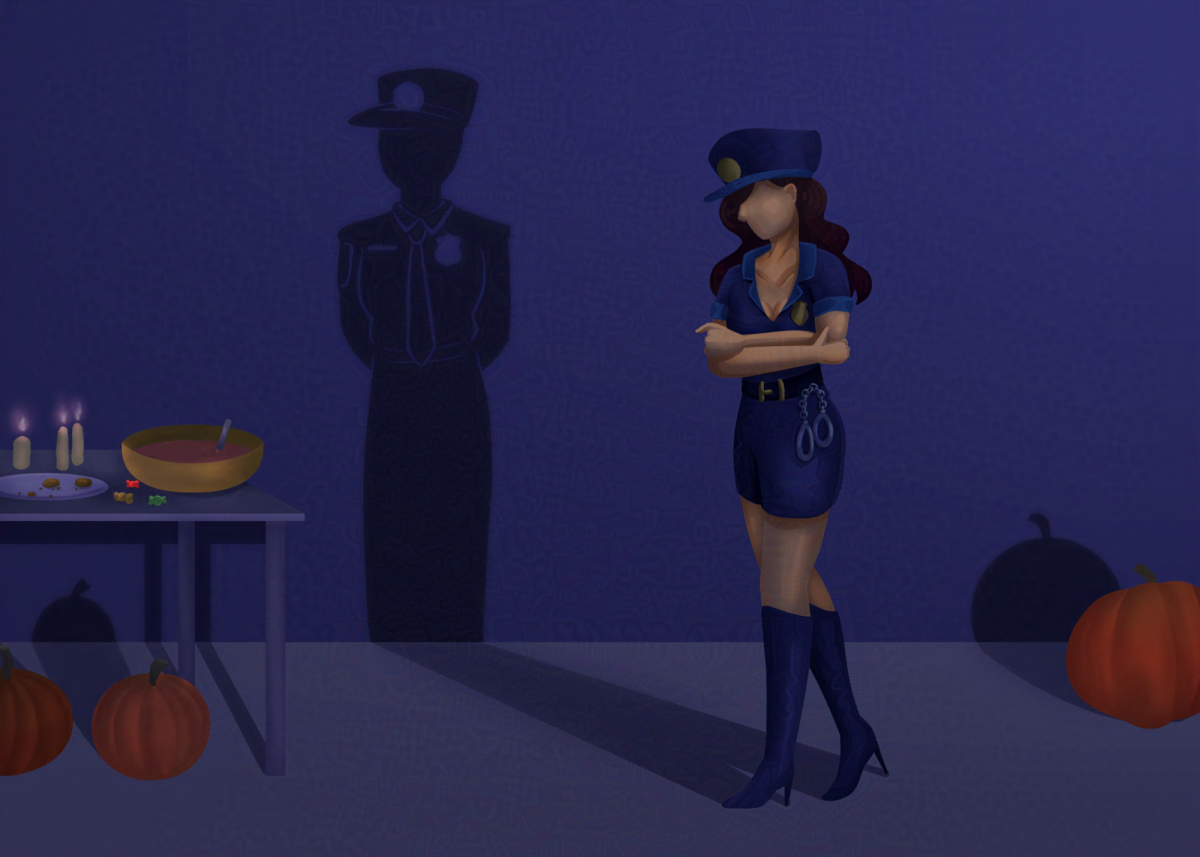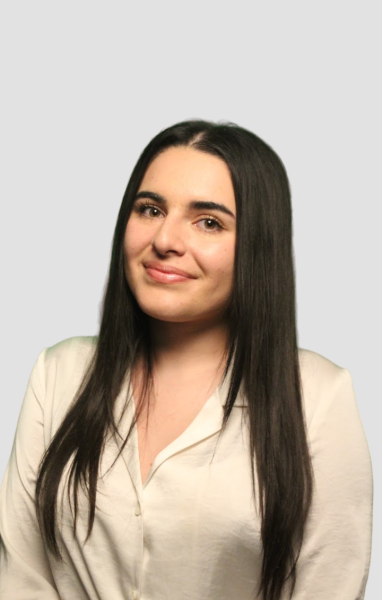My childhood was filled with small glimpses of my culture: Sunday mornings cleaning with Los Ángeles Azules playing, afternoon meals of pozole and the occasional Spanish commands to clean up my room.
Even though I was familiar with my culture, I never learned how to speak Spanish.
I wasn’t pressured to learn the language, listen to Latin artists or watch shows in Spanish — I was taught to assimilate into American culture and pay attention in school.
Although I didn’t feel the urge to explore my identity as a kid, the pressure intensified as I got older.
At family gatherings, I openly greeted my uncle and aunts from my mom’s side of the family. It wasn’t hard to converse with them, thanks to them adopting American traditions and speaking English as their primary language.
But my grandma and grandpa never grew accustomed to America’s “great expectations.” They only spoke their native language, listened to Latin artists and watched shows in Spanish.
As I began to take note of our differences, I felt a sense of detachment in our interactions. My grandma and grandpa would ask me questions, to which I would simply respond with the two words I knew: “sí” and “no.”
My grandma showered me with compliments and praise even though I incorrectly answered her questions. My grandpa, on the other hand, took advantage of my lack of comprehension.
He intentionally asked demeaning questions in Spanish, questioning if I was dumb or “gringa.”
My family passively laughed at my ignorance. As soon as I connected these previously unintelligible words with their meaning, I felt a sense of shame.
This shame fueled a burning rage in my heart. I was hurt that I couldn’t understand the people who were closest to me — my own family.
I became stubborn and refused to learn anything with Latin influence. I was reluctant to attend family gatherings and grew angry when I was confronted with my unwillingness to cooperate. I refused to claim my Mexican heritage.
My reaction to these comments and the amount of disdain I felt at the time was a response rooted in insecurity. Although I may not have fully understood the significance of my identity, the criticism of not being “Latina enough” felt like a personal attack. I had grown up within the culture and was quite familiar with Latino references; the sole factor that set me apart was the language barrier.
Latino communities immigrating to the United States often face pressure to conform to the societal norms of their new country. For some parents, the decision to not teach their children Spanish is influenced by their own experience dealing with discrimination.
Subsequently, Latino children residing within the U.S. are pressured to return to their roots and face judgment for not speaking Spanish fluently. This paradox of expecting Latinos to stay true to their identity while also conforming to societal standards is an emotionally draining experience that pushed many — including myself — away from exploring our culture.
My perspective toward my identity shifted once I took the initiative to learn Spanish in high school. I was hesitant to learn a language that was so familiar to me, yet so foreign. But I was grateful to have a comfortable space to deepen my cultural awareness.
In school, I was able to learn in an environment where it was okay to make mistakes. I expanded my Spanish vocabulary and learned more about Latin American countries through studying cultural dances and Latin influence within the United States.
My cultural curiosity went beyond the classroom as I created a Spanish playlist on Spotify and expanded my palate to trying new Latin-based dishes. I was finally taking the time to heal and learn more about my identity.
Slowly but surely, I came to understand the significance of being a first-generation Mexican-American.
What continues to strengthen my pride as a Latina is being surrounded by proud Latinos.
This summer, I had the pleasure of attending the National Association of Hispanic Journalists Convention in Miami. At this event, I was surrounded by many Latinos of different cultural backgrounds, all of whom were pursuing the same field of study as me.
What stood out to me was the impact of these industry leaders who continue to break barriers inside and outside the newsroom, despite facing social adversity. Knowing that I am navigating my own journey alongside other strong Latinos ignited a passion within me that I didn’t know I was capable of feeling.
With my newfound confidence in my culture, I aspire to pursue change within my local community. Exploring my identity will continue to be a lifelong journey, and I’m embracing it with open arms.








